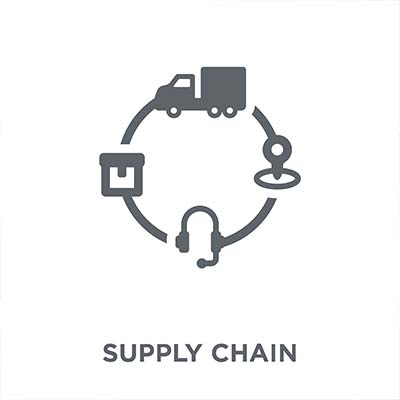Innovation is a driving force behind business, and it has been for essentially the entirety of human existence. The pandemic has brought about an era where businesses are producing solutions that have many new features, but these features don’t necessarily enhance or add anything to the customer experience. Let’s examine how this desire to stay profitable flies in the face of true innovation and doesn’t provide useful or practical products to consumers.
How seriously does your business take data backup and disaster recovery? You might not be able to predict the future or what might occur, but you can at least prepare for it to mitigate the damage it could potentially bring about. Today, we want to share some of the best practices you can implement to combat even the worst disaster scenarios your organization might encounter.
Businesses are rarely successful without the ones steering the ship having the ability to make great decisions. Whether it’s managing your workforce, supporting your customers, or procuring the right equipment to best facilitate productivity, good decision making will be at the heart of any organization’s success. Let’s examine how you can make better decisions as they pertain to your technology solutions.
Businesses that utilize technology often try to make it last as long as possible to avoid the costs of overhauling their entire infrastructure. This can cause a lot of damage in the long term, though, especially if this practice leads to keeping technology longer than necessary. Let’s examine some of the variables that go into technology refreshes and how you can know when it’s time to do so.
If your business is trying to limit costs, then printing should be one of the first things you look at. Paper documents have historically been important for businesses, but they take up a ton of space in the office and are incredibly difficult to regulate effectively. Let’s go over how you can decrease the resources you spend on printing and maximize efficiency elsewhere in your paper practices.
It’s important that attorneys have access to the important information and tools needed to enable them to do their jobs. When they can do so easily, they are able to bring in more revenue, take on more clients, and provide better services to their clientele. What kinds of technology do lawyers need to improve their practices?
Remote work has only grown more popular with time, to the point where it is now common for employers to offer it in some capacity. While the pandemic may have expedited this shift, it is clear that remote work has become a new normal in some industries. Today, we thought we would address one of the hot-button issues about remote work: keeping your staff engaged and productive.
The pandemic forced businesses to reexamine the way that they operate, but even though the pandemic is, unfortunately, still ongoing, many have returned to conducting business as usual like they did before it began. One part of business that will not return to normal anytime soon is the supply chain, as these issues will likely persist into the future.
Businesses are different than ever before and that means that their employees have to do things differently. What do we mean by this? Well, as companies have been toying with the notion of removing the restraints of traditional work and allowing a larger percentage of their staff to work remotely, it changes the strategies somewhat. Today, we’ll identify a couple of ways remote teams need to lean on their technology and two steps you can take to get significant contributions from collaborative platforms.
When your business experiences a significant disruption, a disaster recovery plan is critical to getting back to normal. Some disasters are the result of external threats, while others come about from internal problems with your company’s operations. Here are some things you should consider when looking into potential disaster recovery solutions to help you get through a data disaster.










